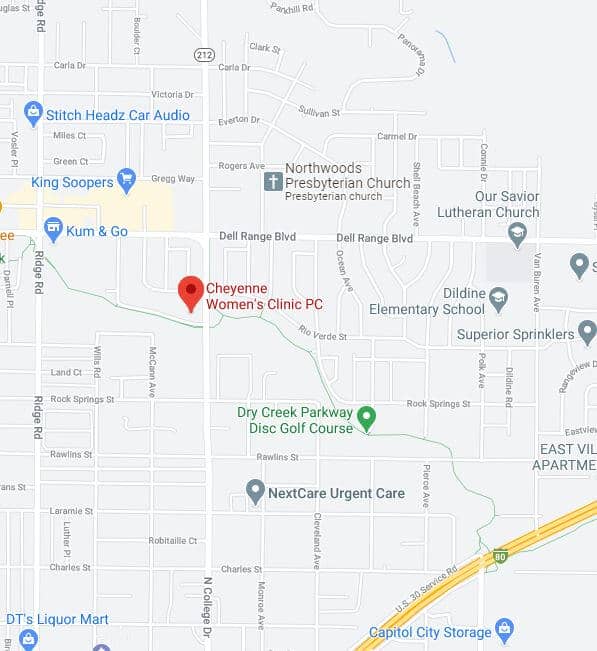
Having a Baby After Age 35: How Aging Affects Fertility and Pregnancy
How does age affect fertility? More and more people are delaying having children until their late 30s or 40s. But as you age, so do your ovaries and the eggs inside them. You cannot see




